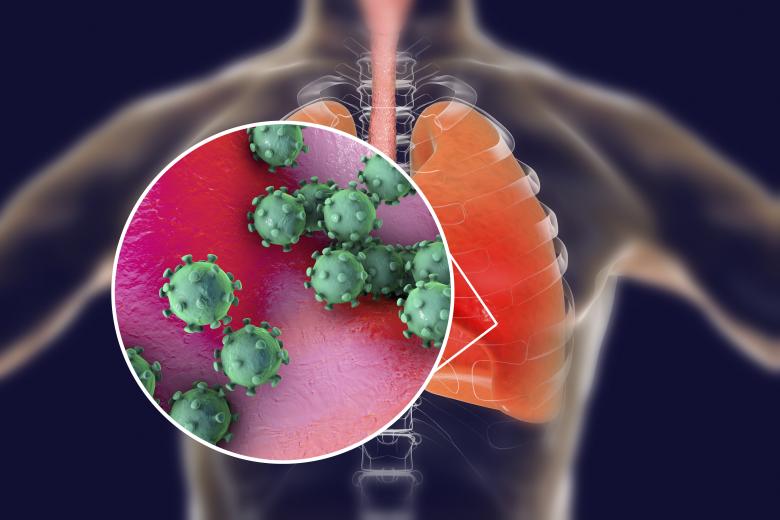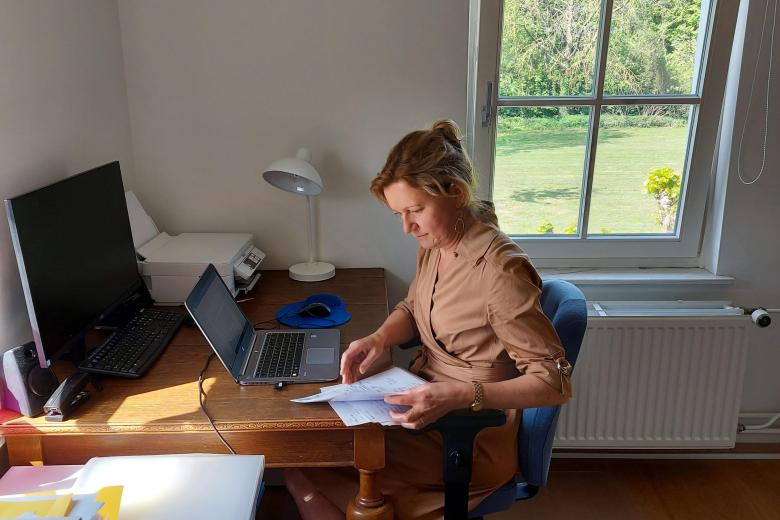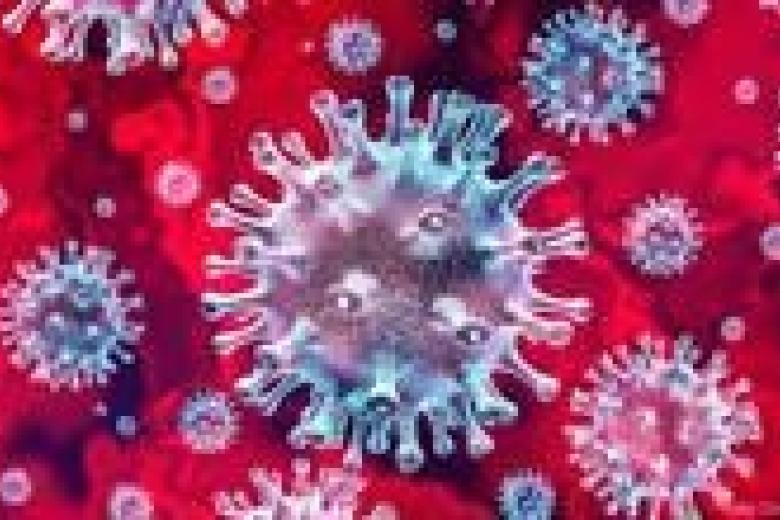
News
-

-

-
Responsibility of experts
"In contrast to viruses, experts have a great responsibility to recognise borders". A column by prof. Rik Crutzen

-
“Your COVID-19 Risk” tool
Helping people improve their behaviour to reduce their risk of contracting the coronavirus. That is the goal of the online tool ‘Your COVID-19 Risk’, which was launched last week. The tool was developed by an international group of 150 volunteers from 35 countries, including several CAPHRI...

-
Assessment of Corona Burden Tool
The Assessment of Corona Burden Tool (Corona Ziektelastmeter), developed by Lung Foundation Netherlands and CAPHRI, helps people who were infected with the novel coronavirus to get more control over the complaints they may experience.

-
Ongoing GLobalization & Law Network research meetings
On Thursday 16 April, GLobalization & Law Network inaugurated a series of bi-weekly meetings, where the members present their ongoing research in an informal setting.

-
SURF grant for project: training students for the 21st century using web-based network analysis
This year the Ministry of Education, Culture and Science has granted 15 projects (of 34 submitted) to start exploring new and challenging ideas in the context of open and online education. As many as 5 of these project proposals have been submitted by colleagues at Maastricht University (UM).

-
Making work from home work for you
Fatigue, headaches, irritability, or sleep problems? These might be symptoms of stress caused by the unfamiliar demands of working from home. Angelique de Rijk studies work stress in nurses – and worries about the current situation and the transition back to normal.

-
Managing the COVID-19 pandemic in China: managing trust and accountability
In late 2019, China became the first country to be hit by the novel coronavirus pandemic, and many cities were locked down in 2020 to prevent transmission. The country’s response to the coronavirus has raised questions about control measures and establishing public accountability and trust in a non...

-
Coronavirus SARS-CoV-2 infects cells of the intestine
Researchers from the Hubrecht Institute in Utrecht, Erasmus MC University Medical Center Rotterdam, and Maastricht University in the Netherlands have found that the coronavirus SARS-CoV-2, which causes COVID-19, can infect cells of the intestine and multiply there.
